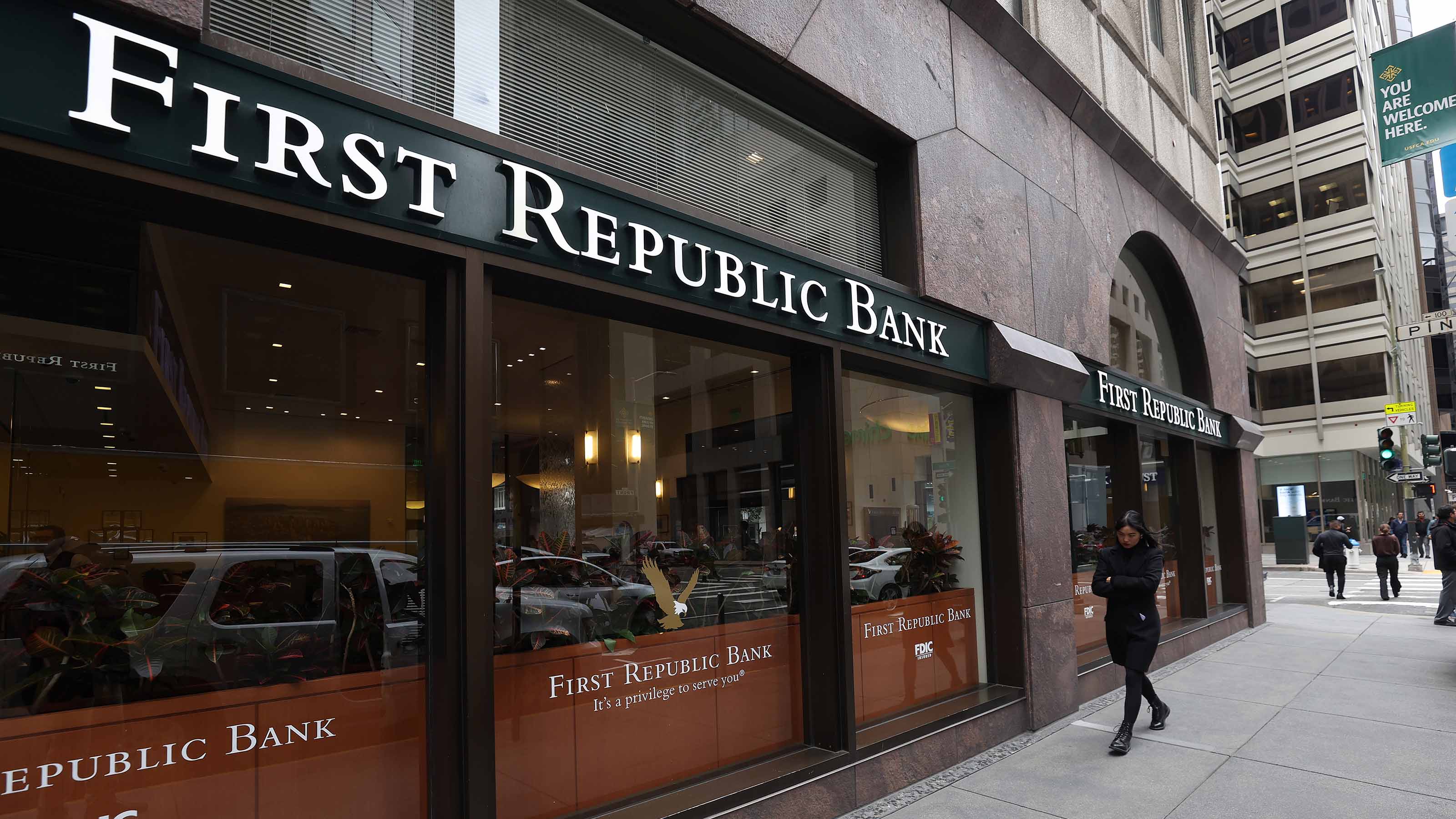
Our highly experienced Kiplinger Letter team produces regular forecasts on the banking and finance sectors to help you make better decisions about your investment and personal finances (Get a free issue of The Kiplinger Letter or subscribe.) You will always get them first by subscribing, but we will publish many (but not all) of the forecasts a few days afterward online. Here’s the latest forecast…
The failure of First Republic Bank has once again sparked concerns about the U.S. financial system. Bank regulators have taken control of First Republic and sold most of its operations to JPMorgan Chase & Co (JPM).
This marks the third failure of a large regional bank since mid-March. There are some parallels between First Republic and Silicon Valley Bank, both of which catered to high-net-worth individuals and had an unusually high share of deposits above the $250,000 Federal Deposit Insurance Corporation (FDIC) limit.
As a result, many depositors moved their funds to larger banks when turmoil hit this spring. A crisis among regional banks still seems unlikely.
What’s next for the banking sector?
While headwinds will continue to plague the industry, vulnerability to rising interest rates varies greatly by bank. Those most at risk: Banks that benefited from a flood of customer deposits during the pandemic and used it to provide cheap mortgages to wealthy customers or buy long-term bonds. But no matter what, bank lending will contract, another source of drag on U.S. economic growth this year.
Financial regulators want to toughen oversight of nonbanks. The FSOC (Financial Stability Oversight Council) has announced a series of proposals to strengthen the process by which investment managers, insurers, hedge funds and other nonbank financial firms are designated as systemically important. For now, the label, which allows for extra oversight, applies only to the nation’s largest banks.
What rules could change?
A few Trump-era changes would be reversed, specifically, 2019 requirements that forced regulators to wait several years before designating a particular institution as systemically important. The new rules introduce a variety of metrics for regulators to determine whether a company’s distress could threaten U.S. financial stability.
Nonbank financial companies are opposed, arguing the rules should focus on specific activities rather than companies. Three large insurers — AIG, MetLife (MET) and Prudential — plus GE Capital (GE) were initially considered systemically important after the 2008 financial crisis. All four have since been freed from that status.
This forecast first appeared in the The Kiplinger Letter. Since 1925, the Letter has helped millions of business executives and investors profit by providing reliable forecasts on business and the economy, as well as what to expect from Washington. Get a free issue of The Kiplinger Letter or subscribe.







